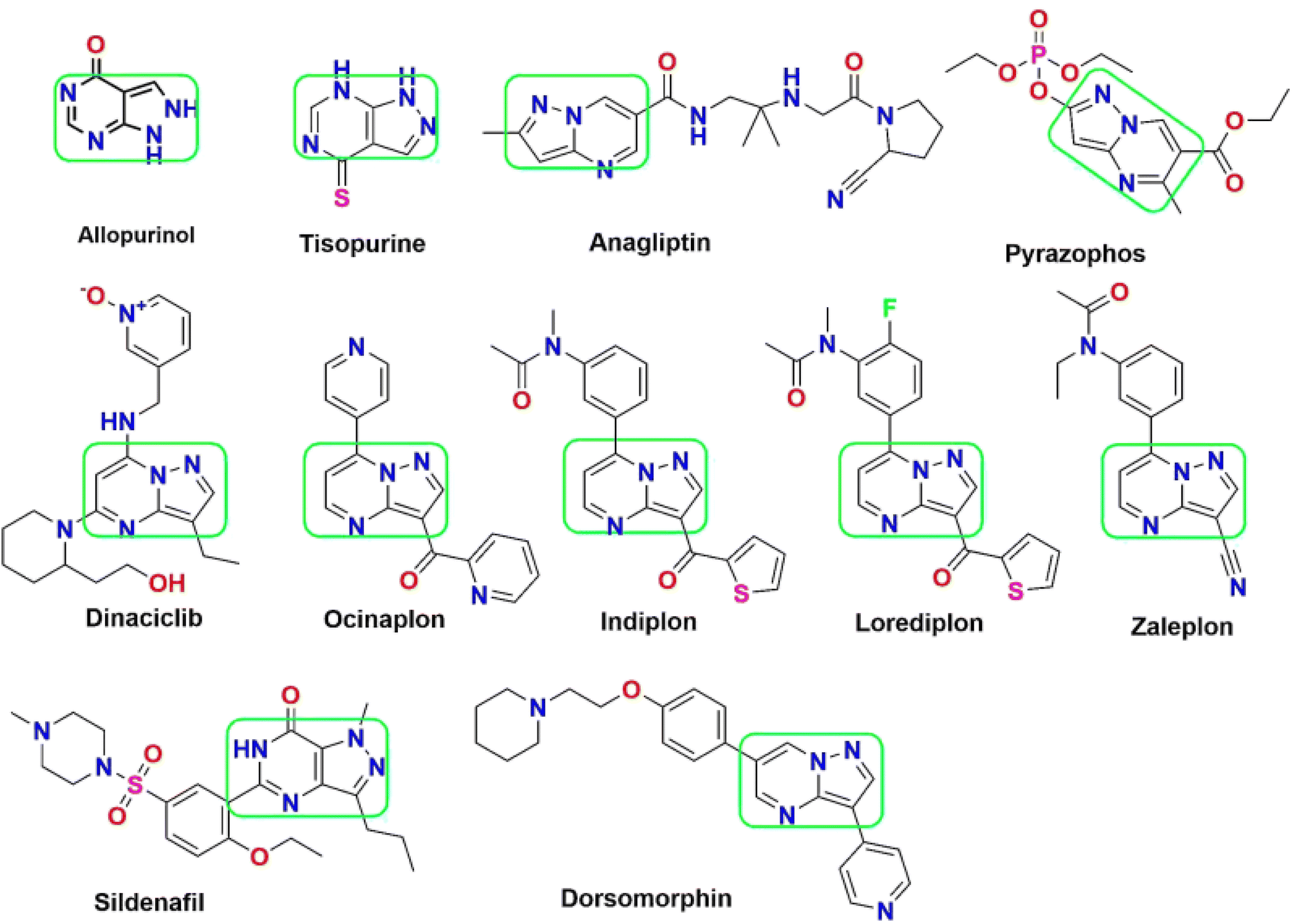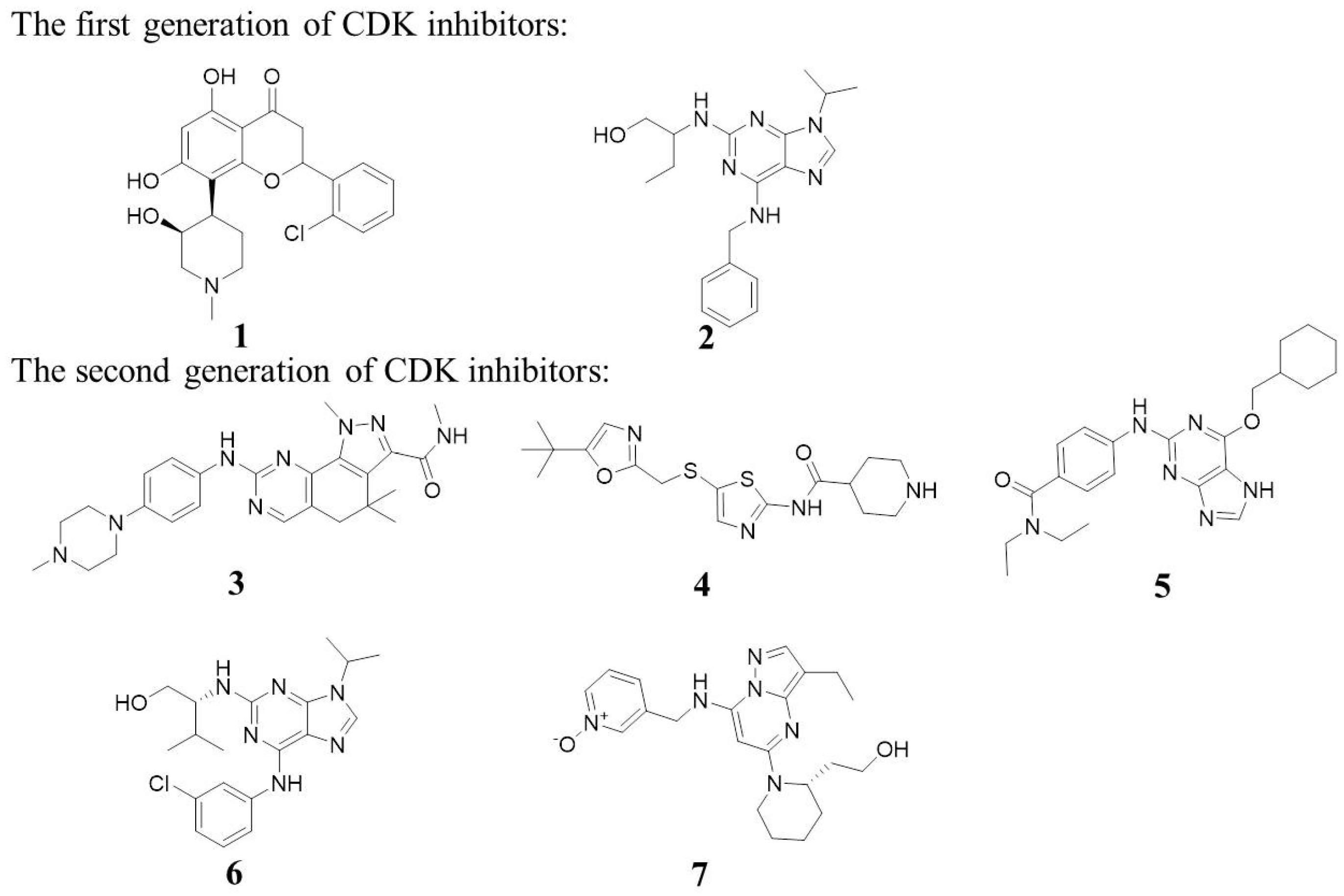dependent kinase inhibitors a comprehensive study in Biology Diagrams First identified as cell cycle inhibitors mediating the growth inhibitory cues of upstream signaling pathways, the cyclin-CDK inhibitors of the Cip/Kip family p21Cip1, p27Kip1, and p57Kip2 have emerged as multifaceted proteins with functions beyond cell cycle regulation. In addition to regulating the cell cycle, Cip/Kip proteins play important roles in apoptosis, transcriptional regulation

Conversely, CDK inhibitors (CKIs) such as p16^INK4a and p21^CIP1/WAF1 negatively regulate CDK4/6 by preventing cyclin D binding. Genetic alterations in cancer often lead to unchecked CDK4/6 activity and abnormal cell cycle progression.

Development of CDK4/6 Inhibitors: A Five Years Update Biology Diagrams
Schematic diagram of the mechanism of action of CDK4/6 inhibitors in HR+/HER2− breast cancer cell cycle. CDK4/6 inhibitors impede the activity of the CDK4/6 protein in cancerous cells, hindering the phosphorylation of RB and the dissociation of the RB/E2F complex. p21 and p27. When these two CDK inhibitors are inhibited, they will not Cyclin-dependent kinases (CDK) inhibitors are a class of molecules that impede the formation of an active kinase complex, thereby hindering its activity and consequently halting the progression of the cell cycle. It was discovered that they have a significant impact on impeding the progression of the cancer. This diagram illustrates the

Download scientific diagram | CDK inhibitors in clinical trials. from publication: Inhibitors, PROTACs and Molecular Glues as Diverse Therapeutic Modalities to Target Cyclin-Dependent Kinase | The

CDK inhibitor Biology Diagrams
However, the complexity of CDK biology and the undesired toxicity related to the off-target effects of the existing pan-CDK inhibitors, led to decisions by several pharmaceutical companies to discontinue the development of many potential anti-cancer agents, exampled with AZD5438 15, Roniciclib, SNS-032 16, RO-3306 17, BS-181 18 and Roniciclib A CDK (cyclin-dependent kinase) inhibitor is any chemical that inhibits the function of CDKs.They are used to treat cancers by preventing overproliferation of cancer cells.The US FDA approved the first drug of this type, palbociclib (Ibrance), [1] a CDK4/6 inhibitor, in February 2015, for use in postmenopausal women with breast cancer that is estrogen receptor positive and HER2 negative. Several other multitarget CDK inhibitors have failed or not progressed beyond early clinical studies for example RGB-286638, ZK-304709, and P1446A-05 (5-7; Figure 5) were discontinued during phase
